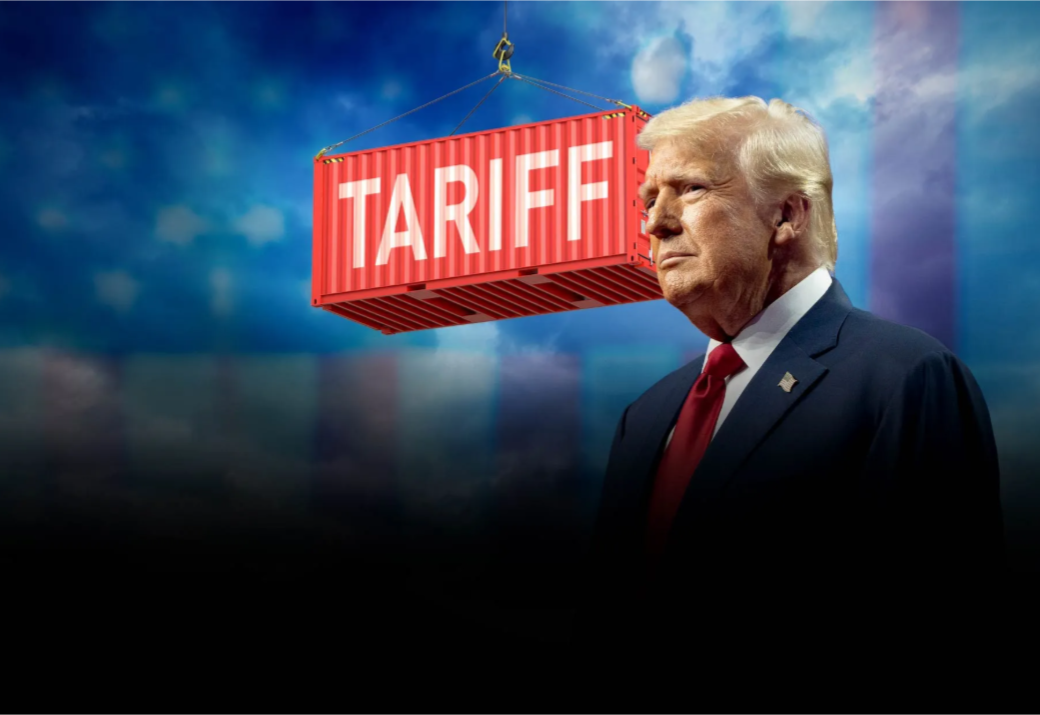(ThyBlackMan.com) President Donald Trump calls tariff “the most beautiful word in the dictionary.” This refutes the orthodoxy of unilateral free trade championed for hundreds of years beginning with the 1776 “Wealth of Nations” author Adam Smith, widely known as the father of modern economics.

But economist Donald J. Boudreaux of the American Institute for Economic Research and former economics department chair at George Mason University writes Smith offered four exceptions to the principle of unilateral free trade: “These exceptions are, in the order in which Smith took them up, protective tariffs for purposes of
(1) national security;
(2) ensuring that imports are taxed by the home government no less than the home government taxes domestically produced goods and services that compete with imports;
(3) pressuring foreign governments to reduce their tariffs;
and
(4) ensuring that workers in protected industries are not all hit suddenly and unexpectedly with the need to find new jobs.”
Trump correctly points out that tariffs, at one time, served as the principal source of federal government revenue. From the nation’s founding until the Civil War, tariffs generated 90% of federal revenue. Even from the Civil War until 1913, when the Constitution was amended to provide an income tax, tariffs produced 50% of federal revenue. In 1900, government at all three levels — federal, state and local — took less than 9% in taxes and fees from the American people. Today, it takes about 32%. And if one estimates the cost of unfunded mandates, an admittedly subjective exercise, government takes nearly half of the income of the people. And it will likely get worse. Adam N. Michel, Director of Tax Policy Studies at the CATO Institute, writes: “Facing a $2 trillion annual federal budget deficit in 2024, Americans are underpaying for the government they currently receive.”
If government were reduced to the size intended by the Founding Fathers, tariffs could once again replace the income tax as the primary source of federal government revenue. This is a big “if” that would require the radical downsizing I proposed in a 2010 column:
I. Sell or lease land. The federal government owns about 700 million acres, more than one-fourth of all land in the U.S. For fiscal year 2007, the government valued its land holdings only at about $1 trillion — but that includes a zero-dollar valuation for much of the acreage because it was never “purchased.” The national debt is approximately $14 trillion. The proceeds from sales/mortgages/leases will fund our current and near-term liabilities and, with other changes, could eliminate our debt.
II. Social Security. Workers below the age of 55 shall have the option of placing their retirement contributions in private savings accounts.
III. Medicare. Health care needs of those below the age of 55 shall be addressed with individual, tax-free health savings accounts. From these accounts, people can purchase policies with high deductibles, as we do with auto insurance. Non-emergency matters will be paid for out-of-pocket from the accounts.
IV. Medicaid. Those currently on Medicaid must be grandfathered in, but by a date certain, all federal welfare payments will stop. The needs of the needy will be handled by the states and/or by the unparalleled generosity of the American people.
V. Eliminate, privatize, outsource or sell/lease many federal activities. These include, but are not limited to, Amtrak; the Tennessee Valley Authority; government-operated dams and nuclear power plants; the federal student aid grants and loans; public housing; the Food and Drug Administration; the Occupational Safety and Health Administration; the departments of Energy, Education, and Housing and Urban Development; the Environmental Protection Agency; Freddie Mac; Fannie Mae; the National Institutes of Health; and the Federal Housing Administration.
VI. Repeal laws that violate the principle of federalism, such as wage and hour laws; federal minimum wage; the Clean Air Act; the Americans with Disabilities Act; equal pay laws; the Davis-Bacon Act (mandating prevailing union wages for those working under federal contracts); and all federal anti-discrimination laws that apply to the private sector.
VII. Taxes. Eliminate income, corporate, capital gains, dividend and estate taxes. Given the reduced size of government, the limited duties of the federal government as described in Article I, Section 8 of the Constitution will be funded, as the Founding Fathers envisioned, with duties and tariffs.
This would supercharge the economy. Any takers?
Columnist; Larry Elder
Official website; http://www.larryelder.com

















Leave a Reply